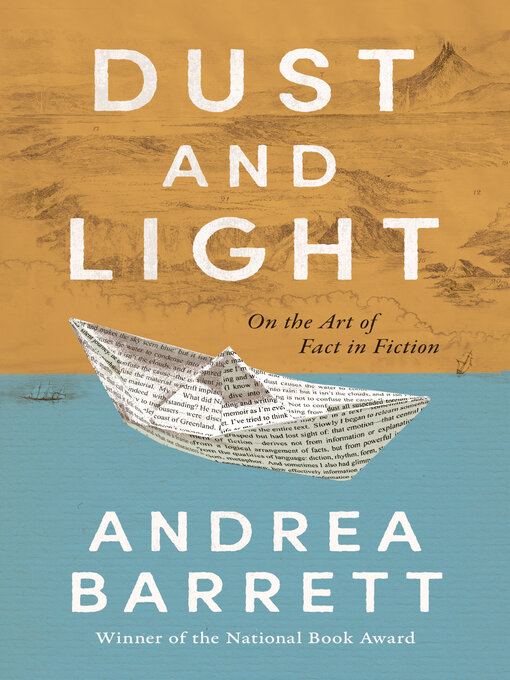One of Literary Hub's Most Anticipated Books of 2025
The National Book Award–winning writer's intimate exploration of how fact is transformed into fiction.
Hailed as a "genius-enchantress" (Karen Russell) and winner of the MacArthur Fellowship, the celebrated novelist Andrea Barrett has for decades reached backward to find inspiration from the past and written acclaimed and prizewinning works of historical fiction. In Dust and Light, the first work of nonfiction of her extraordinary career, Barrett draws from that deep well of experience to explore the mysteries, methods, and delights of the form.
Inspiration found in the past, she argues, can illuminate fiction, just as dust scatters light and makes the unseen visible. Barrett writes of lessons gleaned from the classic work of some of her guiding lights (Willa Cather, Henry James, Leo Tolstoy, Virginia Woolf), as well as the work of such contemporary masters as Hilary Mantel, Toni Morrison, Colm Tóibín, and Jesmyn Ward. She reveals how she created some of her own beloved works, taking readers on a fascinating journey into some of the largest questions in the genre: How does a writer find meaningful subject matter beyond the confines of their life? How are scraps of history found, used, misused, manipulated, and transformed into a fully formed narrative? And what are the perils as well as the potential of this process?
Building on pieces originally published in leading literary magazines and featured in The Best American Essays, Dust and Light is an elegant exploration of the hazy borderlands of fiction sewn from the materials of history. Filled with profound insights, it will be a delight for any devoted fiction readers, and of great use to aspiring writers too.


